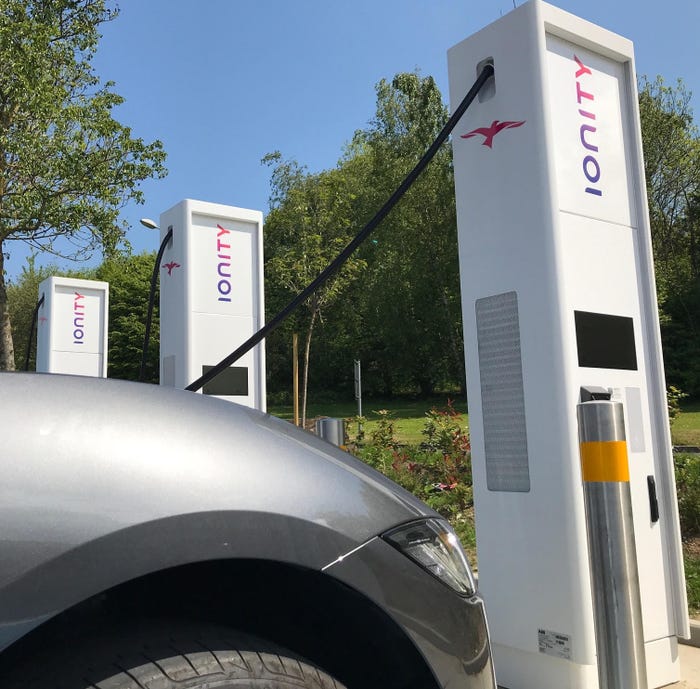Future Telematics Could Aid Vehicle Appraisers
If a car owner drives hard or goes over lots of potholes, a tracking system could duly note that.

LAS VEGAS – Future onboard vehicle telematics could help remarketers appraise the value of vehicles based on how they were driven and what they underwent in the course of their transportation duties.
But before such high-tech tracking happens, the industry must resolve potential privacy and regulatory issues, say experts in the appraisal field.
Using the vehicle identification number that is specific to each vehicle, the telematics could provide driving information to appraisers determining used-car values.
“It could tell us things such as if someone hit lots of potholes or if they drove aggressively while they owned the car,” says Barrett Teague, Black Book’s vice president-lender solutions.
Those are factors that affect residuals, but aren’t readily known – unless an onboard system duly recording them.
Teague speaks about that technology during and after a valuation session at the American Financial Services Assn.’s Vehicle Finance Conference. It is held as part of the National Automobile Dealers Assn. convention here.
The session touches on using collateral data in vehicle appraising.
Currently, appraisers determine values empirically by looking at things such as mileage, added accessories and overall vehicle condition.
But telematics reporting back on how a vehicle is driven and, say, whether it was involved in an unreported accident (and repaired on the QT) would bring a new dynamics to the art of appraising.
The technology could do that, but other issues present challenges. For example, one could argue it’s an invasion of a car owner’s privacy to use tracking equipment on that purchased car to collect information that’s used to determine its later worth.
“Privacy is a hurdle, especially if you are talking about lowering the value of a vehicle,” Teague says.
“The other side though is that it helps provide an accurate appraisal,” says A.J. Schoonover, director-vehicle valuation operations for Kelley Blue Book.
It could reduce the number of disagreements between a customer and a dealership on the condition of a prospective trade-in. Consumers often think their vehicles are in better shape than they are, or at least than dealers say they are.
“Using telematics could avoid those disputes,” Schoonover says. “If people say their car is in excellent condition, well, this can help prove that.”
He points to a study indicating those trade-in disputes are one of the most-cited causes of customer dissatisfaction with dealerships.
Teague predicts appraising-aiding telematics could be available in a few years, but sorting out the ancillary privacy and regulatory issues may take longer.
About the Author
You May Also Like





.jpg?width=700&auto=webp&quality=80&disable=upscale)